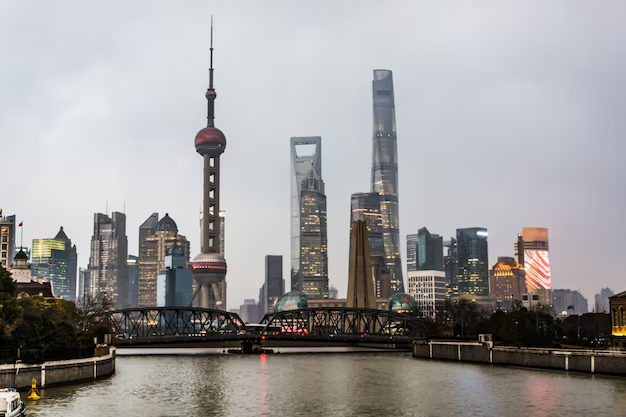Tourism is a vital force in global economic development, fostering connections between countries and helping to dismantle stereotypes and prejudices. This dynamic industry thrives on the aspiration to transcend borders, facilitating intercultural dialogue and enriching lives through exposure to diverse cultures, languages, and cuisines. Such exchanges enhance historical understanding through gastronomy and art, promoting a more nuanced view of the world.
As we approach World Tourism Day 2024, it presents an opportunity to reaffirm tourism’s critical role in bridging divides, especially in an era marked by international tensions. Beyond its economic contributions, tourism is a significant source of employment that promotes equality and inclusion, benefitting communities at both local and national levels.
It is essential to view tourism not just as a contributor to gross domestic product (GDP), but as a transformative tool for rural development, particularly in areas experiencing population decline. Thoughtfully developed tourism strategies can breathe new life into these regions, making them vibrant and accessible to visitors. Additionally, tourism fosters a greater appreciation for nature and local cultures, raising awareness about the importance of environmental conservation and cultural heritage.
The impact of tourism goes beyond mere economic statistics; it is deeply intertwined with cultural enrichment. Travel cultivates understanding and empathy, challenging preconceived notions and breaking down false narratives. Engaging with different cultures provides meaningful insights that can reshape perspectives, dismantling longstanding taboos and fostering greater acceptance.
The role of knowledgeable tourism professionals is crucial in this context. They are instrumental in sharing compelling stories and insights that encourage others to explore new destinations and cultures. By advocating for responsible travel practices, they help create a culture of respect and appreciation for the communities and environments they interact with.
Promoting responsible tourism is imperative to avoid sensationalism, which can lead to misunderstandings and conflict. The COVID-19 pandemic starkly highlighted the importance of tourism in sustaining livelihoods, underscoring the need for thoughtful regulation. Addressing issues such as illegal tourist accommodations is vital to protect communities and ensure that tourism benefits all stakeholders involved.
Balancing the needs of local residents with tourism development is essential for fostering harmony. Effective management of tourism can ease community concerns and create an inclusive environment for both locals and visitors. Collaboration among tourism professionals, policymakers, and community members is key to developing sustainable solutions that respect everyone’s interests.
Moreover, media plays a pivotal role in shaping public perceptions of tourism. Ethical journalism is crucial for avoiding privacy violations and ensuring a balanced view of the industry. Journalists must strive for accuracy and fairness in their reporting, steering clear of harmful stereotypes and biases.
Looking ahead, a collective commitment to responsible tourism practices, cultural understanding, and ethical media reporting will pave the way for a more interconnected and harmonious world. By fostering open dialogue and collaboration, we can leverage the transformative power of tourism to create positive change that transcends borders.
The post How Tourism Shapes Our Vital Understanding of Diverse Cultures and Rich Histories appeared first on Travel And Tour World.




Comment (0)